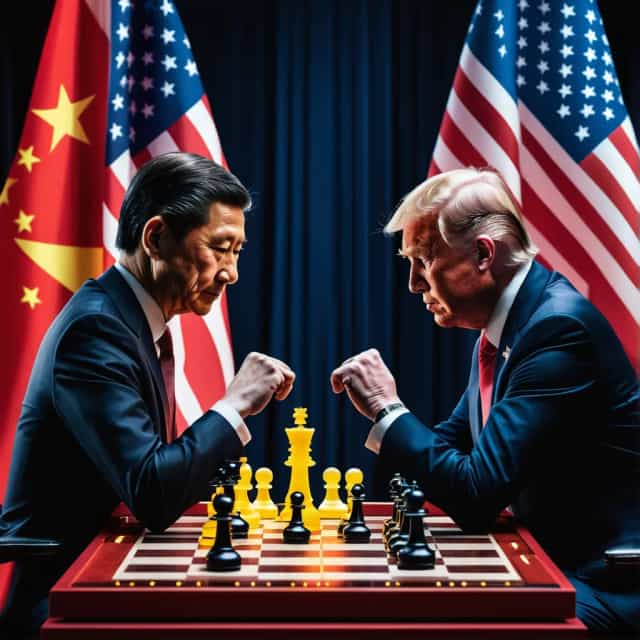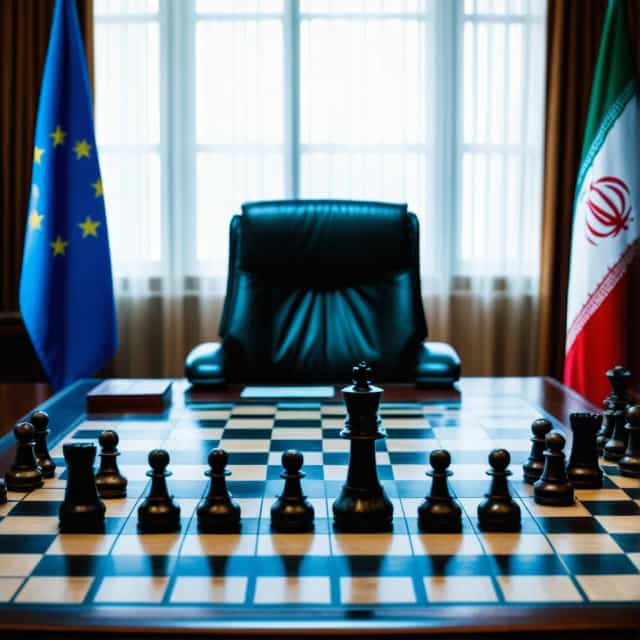
Image source: Block Media
Pakistan Welcomes International Digital Asset Companies: PVARA Opens Licensing Opportunities
Pakistan has taken a significant leap in the global digital asset arena by formally inviting international digital asset firms to operate within its domestic market. On October 14, Cointelegraph reported that the Pakistan Virtual Asset Regulatory Authority (PVARA), Pakistan's newly established regulatory body, issued an announcement extending an invitation for license applications.
This marks a pivotal moment for the country as it aims to position itself as a key player in the burgeoning global virtual asset economy.
PVARA Leads Digital Asset Regulation Efforts
The Pakistan Virtual Asset Regulatory Authority is spearheading this initiative. On October 13, PVARA issued a public request for “Expressions of Interest” (EOI) from major Virtual Asset Service Providers (VASPs) around the globe. Bilal Bin Saqib, the Minister of State and Chairman of PVARA, characterized the move as an “invitation to co-create an inclusive digital financial future for Pakistan.”
This approach underscores Pakistan’s ambitions to align itself with global cryptocurrency regulations while fostering innovation within its borders.
Strict Eligibility Requirements for Applicants
To ensure only the most reputable firms enter the Pakistani market, the eligibility criteria are notably stringent. According to the guidelines, only VASPs licensed by internationally recognized authorities can apply. These recognized regulatory bodies include:
- The U.S. Securities and Exchange Commission (SEC)
- The U.K.’s Financial Conduct Authority (FCA)
- The European Union’s regulatory framework
- The Virtual Assets Regulatory Authority (VARA) in the UAE
- The Monetary Authority of Singapore (MAS)
Interested firms must submit a comprehensive application detailing critical aspects of their operations, which should include:
- Current licenses held and countries where the firm operates
- Intended services for the Pakistani market (e.g., trading platforms, custody solutions, payment services)
- Technical infrastructure and cybersecurity measures
- Assets under management (AUM)
- Revenue performance and historical compliance records
- A tailored business plan specific to Pakistan
These conditions are designed to ensure that only established and compliant entities gain access, safeguarding both the local economy and investors.
Potential Benefits and Strategic Opportunities
The initiative is not exclusively about regulating crypto services but also about leveraging their potential to transform key sectors of Pakistan's economy. PVARA aims to tap into opportunities that virtual assets can provide in multiple domains, including:
- Fintech Innovation: Encouraging technological advancements in the financial sector.
- Remittance Optimization: Streamlining cross-border money transfers for Pakistanis living overseas.
- Asset Tokenization: Introducing digital representation of physical or financial assets.
- Islamic Finance Products: Developing Shariah-compliant virtual financial solutions.
Additionally, the regulatory body sees the initiative as a way to address concerns related to financial crimes, such as money laundering and fraud, while facilitating the integration of Pakistan into the global virtual asset ecosystem.
The Regulatory Foundation: Pakistan’s Virtual Asset Ordinance
PVARA functions under Pakistan's Virtual Asset Ordinance of 2025, which provided the legal framework for regulatory oversight of digital asset platforms. In this role, PVARA will be tasked with licensing and ongoing supervision of both domestic and international VASPs operating in Pakistan.
Pakistan’s Surge in Crypto Adoption
This push comes at a time when Pakistan is emerging as a fast-growing market for digital assets. A report by Chainalysis ranked Pakistan third in its Global Crypto Adoption Index for 2025, affirming the country’s growing appetite for cryptocurrencies and blockchain technologies.
Furthermore, in May 2025, Pakistan showcased its forward-thinking stance at the “Bitcoin 2025” event in Las Vegas. During the event, the government announced plans to establish a national Bitcoin (BTC) reserve and dedicate 2,000 megawatts of surplus electricity to Bitcoin mining and artificial intelligence (AI) operations.
Challenges: IMF Concerns on Crypto Mining
Despite these ambitious plans, Pakistan’s progress has not been without external challenges. In July, the International Monetary Fund (IMF) expressed reservations about the energy-intensive nature of Bitcoin mining and its potential economic repercussions. The IMF also rejected proposals for electricity subsidies aimed at supporting energy-heavy industries like crypto mining.
The IMF’s concerns highlight the balancing act Pakistan faces as it navigates the intersection of energy sustainability and the growth of its digital asset economy.
Looking Ahead: Bridging the Future
By opening its doors to international digital asset companies, Pakistan is setting the stage for a transformative shift in its financial landscape. With a robust regulatory framework in place, the country has positioned itself as an attractive destination for reputable VASPs looking to expand into the South Asian market.
As Pakistan continues its journey toward becoming a global crypto hub, the successful implementation of this initiative—and overcoming associated challenges—will determine its impact on the nation’s economic, technological, and financial trajectory.










